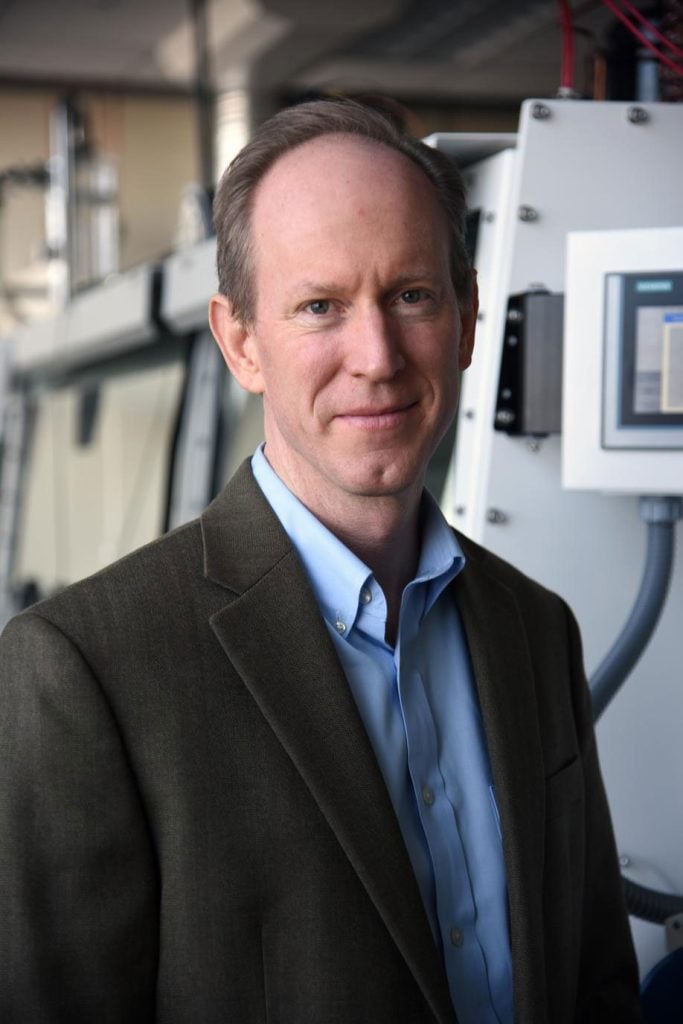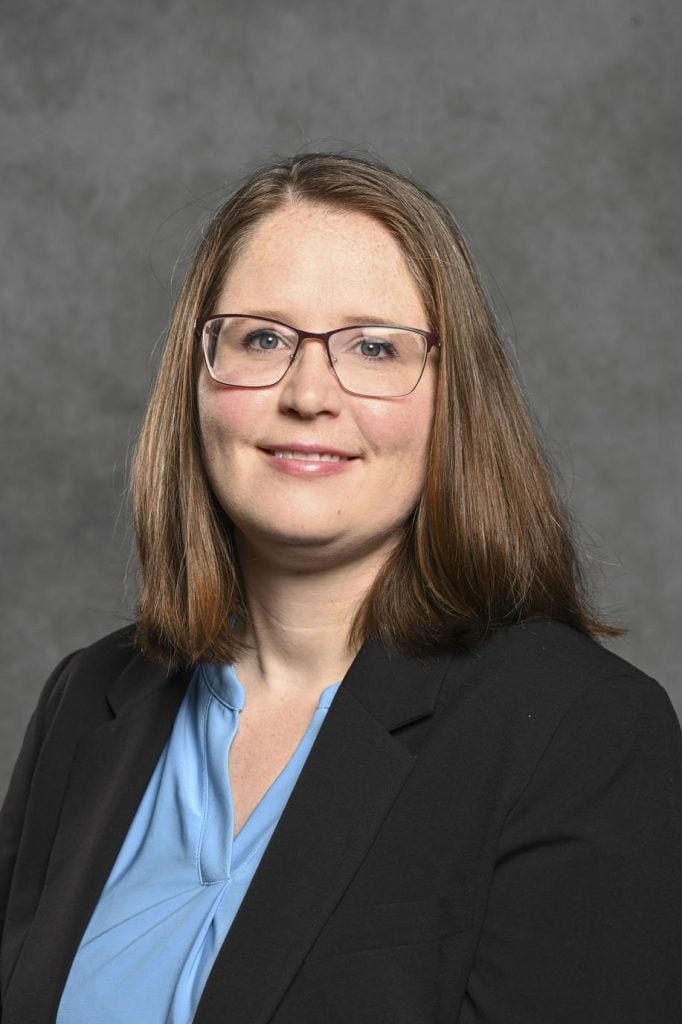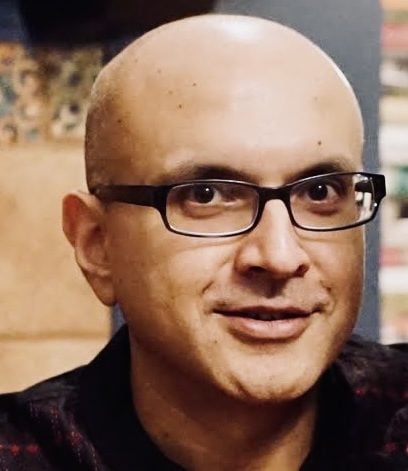Fuel Cycle Science & Technology
The Fuel Cycle Science & Technology division at the Idaho National Laboratory delivers nuclear fuel cycle solutions that enable the deployment of advanced nuclear energy concepts. Researchers enable these solutions through innovative aqueous and pyrochemical separations technology development and demonstration, nuclear material and isotope recovery and availability, waste and used fuel management, proliferation risk reduction, and cutting-edge test bed environment development.

Focus Areas
Radiochemical Separations & Radiation Science Department
Cultivates fundamental knowledge and world-class expertise in radiochemical separations and radiation science to drive innovative nuclear fuel cycle solutions.
Department Manager: Amy Welty (View Profile | View on LinkedIn)
Pyrochemical Science Department
Develops and demonstrates advanced pyrochemical separations, material recovery methods, robust waste forms and related high temperature used nuclear fuel processes in a safe and proliferation-resilient manner. These technologies enable closed fuel cycle solutions for traditional and advanced nuclear reactor technologies.
Department Manager: David Tolman (View on LinkedIn)
Used Fuel Management Department
Develops, implements, and analyzes technologies that safely and securely handle, package, store, transport, and dispose of the nation’s spent nuclear fuel and high-level waste inventories from all legacy, current, and future reactors. These technologies enable safe and secure stewardship of the nation’s nuclear waste and spent nuclear fuel.
Department Manager: Dan Thomas (View Profile | View on LinkedIn)
Advanced Technology of Molten Salts Department
Develops and advances molten salt technologies to demonstrate, license and deploy first-of-a-kind molten salt reactors and other technologies. This work aims to transform the world’s energy future and promote INL as a leader in energy technologies.
Department Manager: Michael Woods (View Profile | View on LinkedIn)
Applied Uranium Technologies Department
Develops and demonstrates world-class expertise and capabilities in chemical separations and nuclear nonproliferation, enabling closed fuel cycle solutions for traditional and advanced nuclear reactor technologies.
Department Manager: Melissa Warner (View Profile | View on LinkedIn)
Our People
The Fuel Cycle Science & Technology team at Idaho National Laboratory (INL) focuses on advancing nuclear fuel cycle processes to enhance the efficiency, safety, and sustainability of nuclear energy. Their work includes developing innovative methods for fuel fabrication, recycling, and waste management. By leveraging cutting-edge research and technology, they contribute to the optimization of the entire nuclear fuel cycle, from raw material acquisition to waste disposal.
Fuel Cycle Leadership

Stephanie Weir
Collaboration Based Siting

Ken Marsden
Material Recovery & Waste Form Development

Kevin Lyon
Fuel Cycle safeguards and security

Stephanie Bruffey
Uranium Fuel Supply

Kaushik Banerjee
Uranium Fuel Supply

Toni Karlsson
Fuel Cycle Industry Relationship Manager
Contact Information
Fuel Cycle Science & Technology Division
